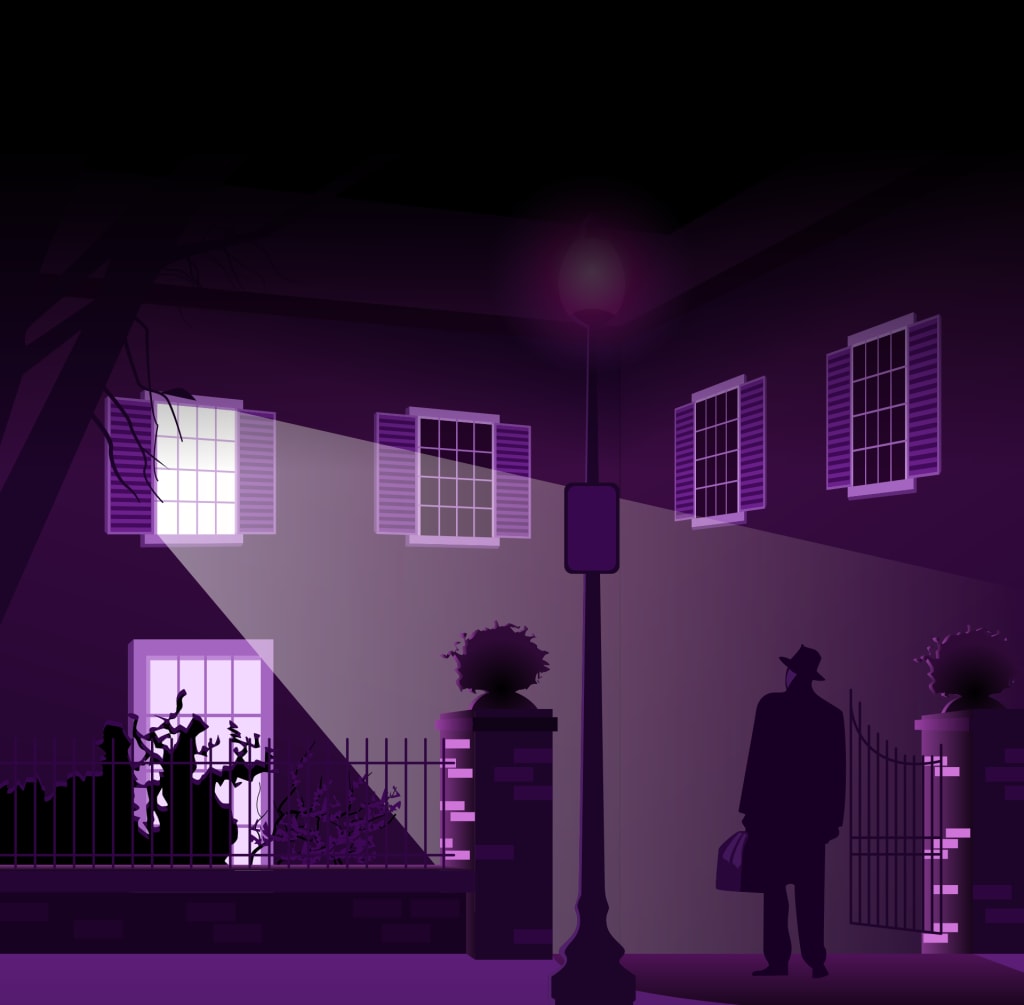
Today, we're going to explore the truth behind the iconic horror film "The Exorcist” about which very few people are aware. The movie, which was released in 1973, is based on a novel of the same name by William Peter Blatty and tells the story of a young girl who is possessed by a demon.
While "The Exorcist" is a work of fiction, it was inspired by real-life events that occurred in the late 1940s and early 1950s. The story of the possessed girl was based on the case of a boy known as "Roland Doe," who was reportedly possessed by a demon and underwent a series of exorcisms.
The real-life events that inspired "The Exorcist" were widely publicized at the time and sparked a nationwide interest in exorcism and demonic possession. However, the accuracy of the events has been the subject of debate and controversy.
Some critics and skeptics have argued that the supposed possession of Roland Doe was a hoax or a result of mental illness. Others have pointed out that the reported symptoms of possession, such as levitation and speaking in tongues, are not supported by scientific evidence.
Despite the skepticism, many people continue to believe in the reality of demonic possession and exorcism. The Catholic Church, for example, still performs exorcisms in cases where possession is suspected.
While "The Exorcist" is a work of fiction, it has had a significant impact on popular culture and has influenced countless other horror films and television shows. The movie's depiction of possession and exorcism has become deeply ingrained in the popular imagination, and the character of the possessed girl, Regan, is now an iconic figure in horror lore.
Above, we explored the truth behind "The Exorcist" and the real-life events that inspired the film. Now, we're going to take a closer look at the case of "Roland Doe" and the debates surrounding his alleged possession.
The case of Roland Doe, which occurred in the late 1940s and early 1950s, is often cited as one of the most famous examples of demonic possession in modern history. According to reports, Roland was a young boy who exhibited a variety of bizarre behaviors, including speaking in tongues, levitation, and an aversion to religious objects.
Roland's family turned to a Catholic priest, Father William Bowdern, for help. Father Bowdern conducted a series of exorcisms on Roland, which reportedly lasted for several weeks and involved a team of priests and medical professionals.
The events surrounding Roland's exorcism were widely reported in the media at the time and inspired William Peter Blatty to write "The Exorcist" several years later. However, the accuracy of the events has been the subject of much debate and skepticism.
Some critics have pointed out that the alleged symptoms of possession, such as levitation and speaking in tongues, are not supported by scientific evidence and could have been the result of a mental illness or hoax. Others have argued that the events were misinterpreted or exaggerated by those involved.
Despite the debates and controversies, the case of Roland Doe continues to capture the public imagination and remains a powerful example of the enduring fascination with demonic possession and exorcism.
In above, we explored the truth behind "The Exorcist" and the case of Roland Doe that inspired the film. And now, we're going to take a closer look at the cultural impact of "The Exorcist" and its enduring legacy.
"The Exorcist" is widely regarded as one of the most iconic and influential horror films of all time. It was a massive commercial success, grossing over $441 million worldwide, and was nominated for 10 Academy Awards, including Best Picture.
The film's success was due in part to its groundbreaking special effects, which included elaborate makeup and practical effects that made the possessed girl, Regan, appear truly terrifying. The movie's themes of possession, exorcism, and the battle between good and evil also resonated with audiences and tapped into broader cultural anxieties about the supernatural.
"The Exorcist" had a profound impact on the horror genre and inspired a wave of imitators and copycats in the years that followed. It also helped to establish the careers of director William Friedkin, writer William Peter Blatty, and actress Linda Blair, who played Regan.
Beyond its impact on the horror genre, "The Exorcist" also sparked ongoing debates and discussions about the nature of possession and the role of religion in modern society. The film was widely criticized by religious leaders who felt that it sensationalized and trivialized the subject of exorcism, while others saw it as a powerful affirmation of faith and the power of prayer.
In conclusion, "The Exorcist" remains a powerful and influential work of horror that has had a lasting impact on popular culture and our understanding of the supernatural. Its themes of possession and exorcism continue to resonate with audiences and spark ongoing discussions about the nature of evil and the role of religion in contemporary society.
From my blog Thecreativepen77





Comments
There are no comments for this story
Be the first to respond and start the conversation.